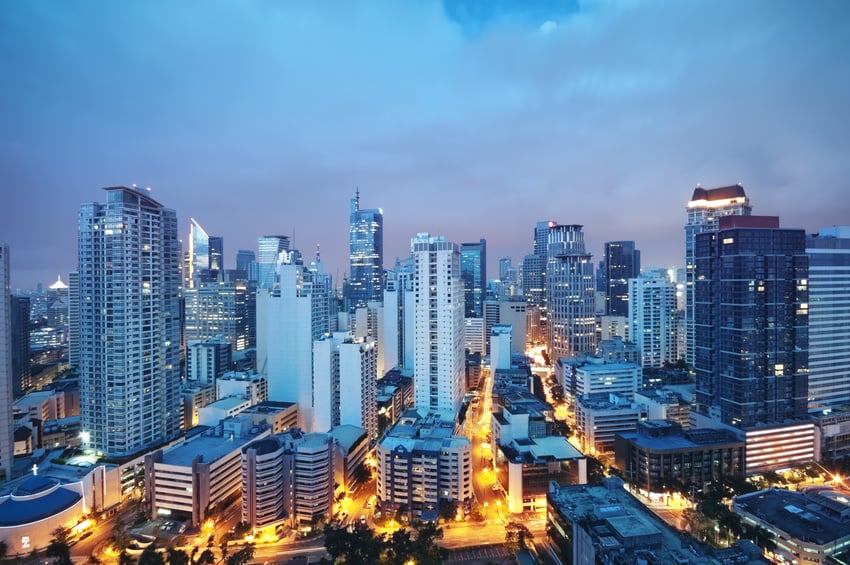Singapore’s Prime Minister, Mr. Lee Hsien Loong, announced a number of proposed measures to step up the country’s efforts to stay free of corruption during his speech at the Public Service Values Conference organised by the Corrupt Practices Investigation Bureau (CPIB) and Civil Service College on January 13, 2015. These measures come in light of Singapore’s slight drop in rankings on the Transparency International’s Corruption Perception Index (“CPI”) from fifth place in 2013 to seventh place in 2014. The CPI measures the perceived levels of public sector corruption in 175 countries. PM Lee commented that the drop of two positions could be due to several high-profile corruption cases in recent years involving senior public servants in Singapore. In an effort to restore Singapore’s leading reputation for non-corruptibility, the following measures will be adopted by the Singapore Government, according to PM Lee:
- The Government is reviewing the Prevention of Corruption Act (“PCA”) to keep pace with international developments. Enacted in 1960, the PCA is Singapore’s principal anti-corruption law which governs the primary offences of corruption and their punishments.
- The CPIB – Singapore’s central agency for investigating corruption – will have its manpower increased by 20% from its current strength of about 120. This is to enhance the CPIB’s ability to fight corruption and deal with an increasingly complex operating environment. The CPIB is also building up its operational capabilities and collaborations with its international counterparts.
- In order to increase public engagement in fighting corruption, a OneStop Corruption Reporting Centre will be set up in the city centre of Singapore so that the public can report graft incidents more discreetly and at a more publicly accessible location. This will supplement the current avenues available for the public to report corruption to the CPIB.
PM Lee emphasised that maintaining high standards of integrity in the public service sector is key to fighting corruption. On this basis, he stated that there should be zero tolerance for corruption, regardless of rank and seniority. The public service should have a robust system in place that is kept up-to-date by constantly reviewing processes (such as procurement rules) and fixing any loopholes. There should also be effective detection of any wrongdoing for example, through the use of technology to spot irregularities.



